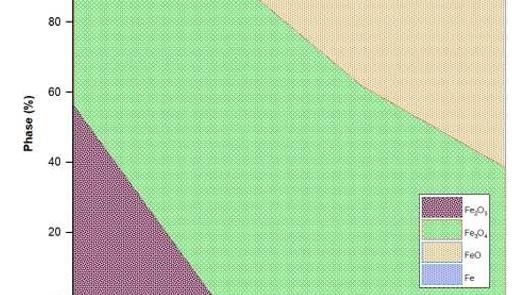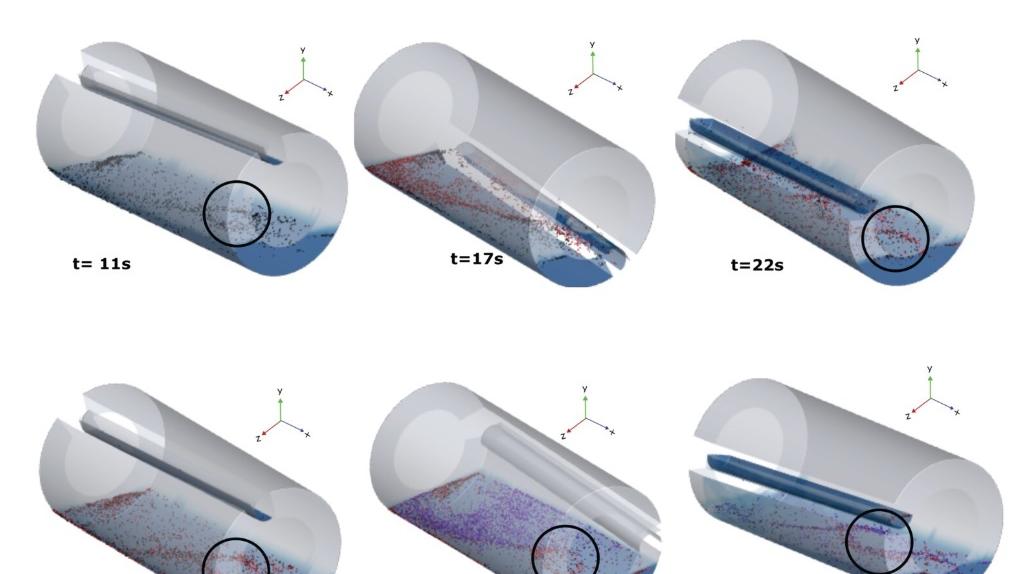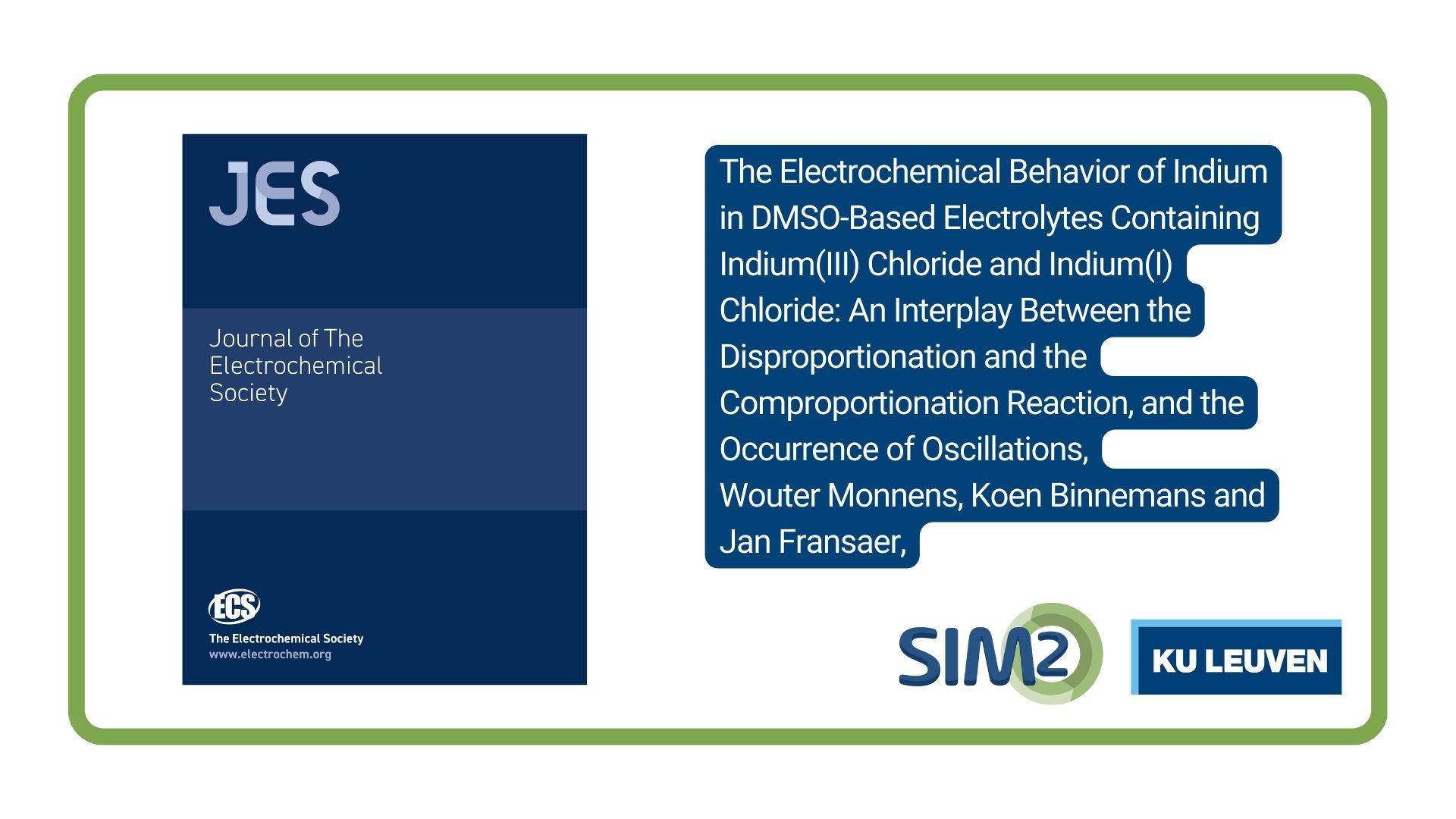- Who are you?
- I’m Martina, 29 years old from Italy. Funny to observe, I am one of the only 2 European ESRs of this MSCA-ETN-DEMETER.
- How would you define yourself?
- In a word: a dreamer. In a quote: “Creativity is more worthy than knowledge”, from A. Einstein.
- So, what do you exactly do within the DEMETER project?
- I work on the indirect recycling of rare-earths permanent magnets together with Simona, the only other European ESR. So, we can say that the indirect recycling package is the European package. I dissolve (with more or less success) NdFeB and SmCo magnets in ionic liquids to then recover the precious metals from them.
- Why did you choose this topic, and why the DEMETER project?
- I have always been passionate about secondary raw materials, metal recycling and the circular economy. The MSCA-ETN-DEMETER project was simply the best opportunity I found as I finished my master degree. Prof. Binnemans is one of the world’s best experts in metal recovery, he’s currently working on a new branch of metallurgy based on non-aqueous systems (Solvometallurgy, you can find more info on solvomet.eu). And last, but not least, a Marie Sklodowska-Curie is the best way to do a PhD: a continuous interaction of disciplines, expertise and cultures!
- Would you pursue a career within your topic?
- Definitely! I started wishing to work with secondary raw materials at the age of 10, thanks to a board game in which you had to save the Earth. Now, I feel that I am finally doing what I have always wished in my life…and don’t intend to stop!
- Have you ever considered moving to a new country/continent before?
- Not really. What I wanted the most was to build a solid career in secondary raw materials and circular economy and the idea to move abroad to get a better opportunity never bothered me. I currently live in Leuven, a small university city in the Flemish Belgium and I like it, I like to enrich myself with different cultures (because Leuven is undoubtedly multicultural!)
- What is your impression of your host country? Would you like to stay after the project is over?
- Mmmmh…honestly yes and no. I like the value they give in Belgium to young people and to PhD graduates. It’s something that unfortunately we miss in Italy, my birth country. Here they really believe in research and innovation. But, I undoubtedly miss my city Naples. Neapolitans have an inexplicable, visceral connection with their city, thus I don’t think I will spend all my life far from it.
- Do you work alone on your topic or do you have a “teammate”? Tell, us something about him/her!
- I basically work alone on my topic, but in very close connection with Simona. So close that more than once people confused us…although we don’t look at all like each other! She is a very lovely person and at the first impression I am the “volcano” and she the calm sea, but as they say also in Flanders “Stille waters hebben diepe gronden” (quiet waters deep soils)! Thanks Simona, I could not imagine this experience without you!
- Approaching the end of the project…share your best memory in DEMETER.
- Many remarkable memories will stay of this experience, but my favourite is the BBQ that we organised last August in Grenoble. Can you imagine to put together a Texan girl and two South-American guys with vegetarians in a BBQ and this is one of the best BBQs of your life? It happened thanks to DEMETER!
- From your experience, what do you think an EU MSCA project offers to an ‘early stage researcher’ that a regular one doesn’t?
- It might be shorter to tell what an EU MSCA project does NOT offer more. The focus of the projects are in any case the “early stage researchers” and it means that they are really safeguarded. The quality of the training and education is very high, also a part of the project budget is allocated for the participation of the researchers in workshops, conferences and symposia. Finally, I also liked participating in events within the European Commission, such as the “Science is Wonder-ful” with children and teenagers. It undoubtedly helps, in this case, to carry your PhD on close to Bruxelles.





